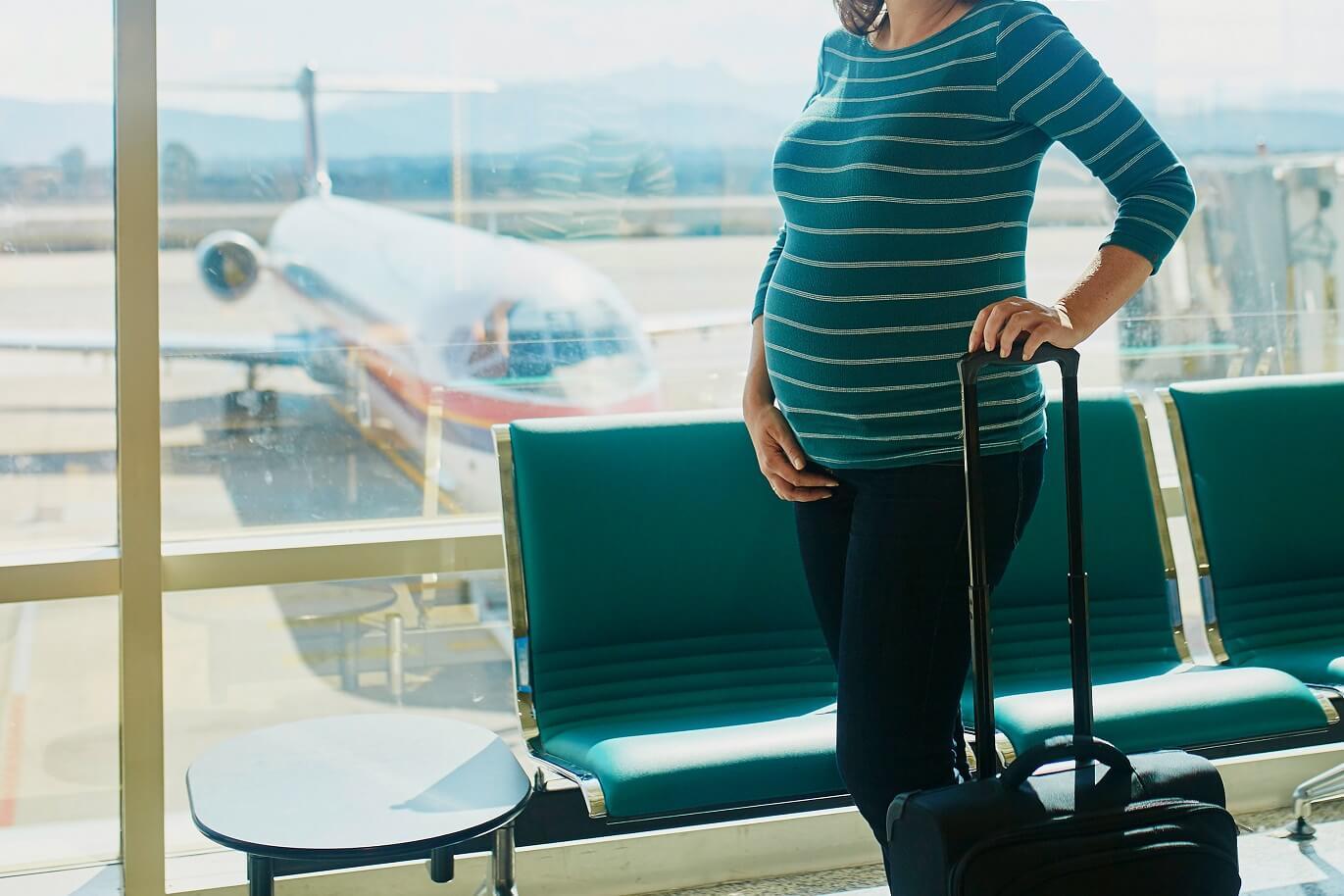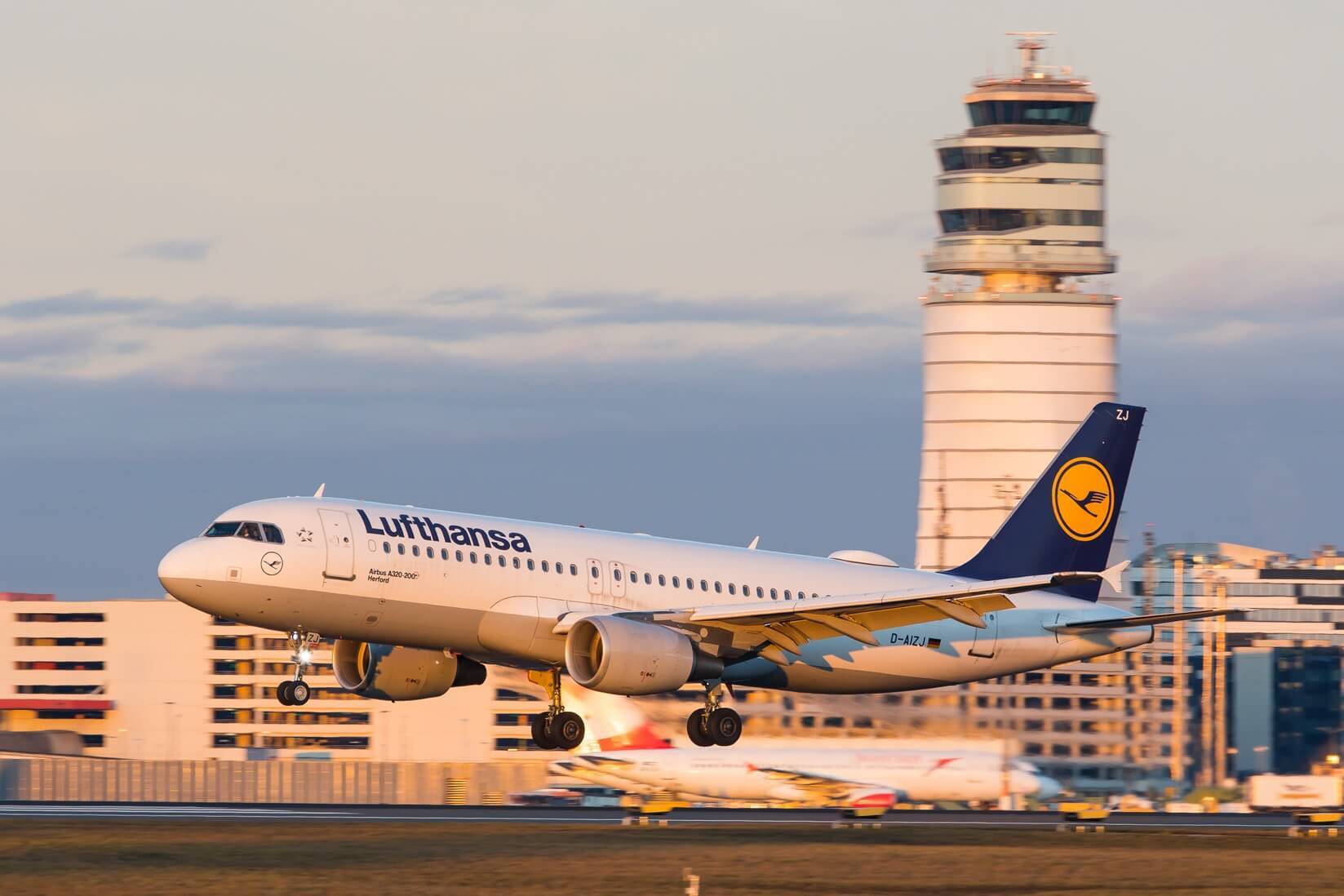Can you fly while pregnant?

The question of whether it is safe to fly during pregnancy is on the minds of many expectant mothers. Air travel during pregnancy is generally possible, but there are some important considerations and precautions that expectant parents should keep in mind.
Flying pregnant: Is flying during pregnancy safe?
In most cases, flying during pregnancy is relatively safe and uncomplicated in the first two trimesters (up to 27 weeks of pregnancy). Many women experience a stabilization of their pregnancy symptoms during this time and feel energetic. However, it is advisable to speak to a doctor before booking a flight to ensure there are no medical concerns.
When should you stop flying when pregnant?
From the third trimester onwards (from the 28th week of pregnancy), the decision to fly should be carefully considered. Airlines and airports have different guidelines, but many require a medical certificate from this point onwards confirming that the pregnant woman is fit to fly. This is because the third trimester can be associated with a higher risk of complications and premature birth.
Are pregnant women allowed to fly and what are the risks?
Pregnant women who fly should be aware of some medical concerns:
Risk of thrombosis: Reduced movement during a flight can increase the risk of blood clots. Pregnant women should regularly stand up, walk and move their legs to promote blood circulation.
Air pressure and oxygen: Reduced oxygen levels in the cabin can increase breathing difficulties for some pregnant women. This can be a particular problem at higher weeks of pregnancy.
Emergency care: The availability of medical assistance on board is limited. It is important to remember that delivery or treatment of pregnancy complications in the air is not ideal.
Practical tips for flying during pregnancy
If you decide to fly, there are some practical tips you should consider:
Talk to your doctor: get the green light from your doctor before booking a flight and discuss any specific concerns.
Exercise and stretch: Stand up and walk regularly during the flight to promote circulation and minimize the risk of thrombosis.
Drink enough water: Flying can cause dehydration, which should be avoided during pregnancy. Drink enough water.
Inform the airline: Many airlines require a medical certificate for pregnant women in their third trimester. Make sure you know the airline's policy and follow it. An aisle seat also allows easier access to the toilet and more legroom.
Which airline are you flying with? Here you will find a list of the most used airlines in Germany:
Flying pregnant: Air travel
Flight irregularities such as flight delays, flight cancellations and denied boarding can be particularly stressful for pregnant women who are flying. These situations require extra attention and caution to ensure the health and well-being of expectant mothers. Have you had a flight rescheduled or delayed? Has your flight been cancelled? Have you been affected by a flight overbooking, ticket refund or missed connection? You can submit your case at any time to www.myflyright.com and we will check whether you are entitled to compensation.
Latest posts
Flight delays and cancellations in July 2025
Check which flights were delayed in July 2025 – you may still be entitled to claim up to 600 € in compensation.
Flight cancellations and delays in March 2024
Check which flights were delayed in March 2024 – you may still be entitled to claim up to 600 € in compensation.
Flight cancellations and delays in February 2024
Check which flights were delayed in February 2024 – you may still be entitled to claim up to 600 € in compensation.












